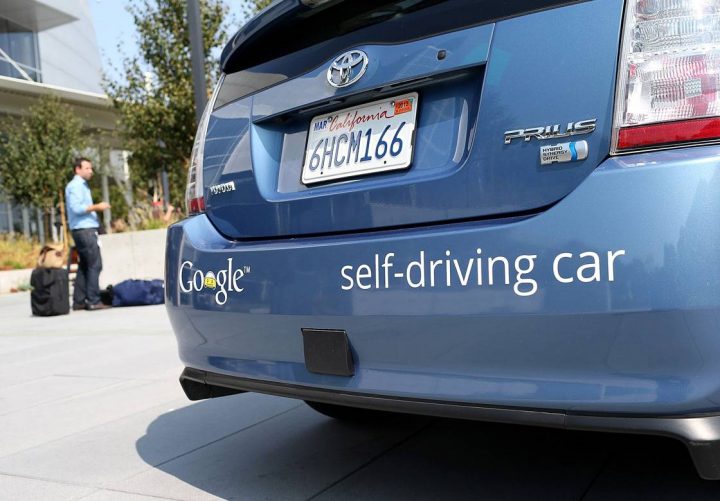When sci-fi action films like Minority Report and I, Robot featured self-driving cars a decade ago, the idea seemed fanciful but nevertheless a technology firmly on the horizon.

Ten years on, many suggest 2014 will be the year that the race to build a driverless car among global auto companies will begin to make meaningful strides.
On Tuesday, international researcher IHS Inc. published its first educated guess at when it sees driverless cars hitting the road — 2025.
While auto makers like Nissan are making aggressive pledges to have the first self-driving cars, or “SDCs”, on dealer lots by as early as 2020, IHS says it realistically expects to see the first mass market models ready for sale by the mid-point of next decade. The report predicts sales of roughly a quarter of million driverless cars in calendar 2025.
From there the market booms, IHS predicts.
The U.S.-based researcher says by 2035, 11.8 million self-driving cars will be sold annually. By 2050, “nearly all of the vehicles in use are likely to be self-driving cars or self-driving commercial vehicles.”
Geographically, sales will be highest in North America (29 percent), followed by China (24 percent) and among buyers in Western Europe (20 percent).
Safer ride
The benefits to removing humans from the equation are obvious, IHS analyst Egil Juliussen says.
“Accident rates will plunge to near zero for SDCs, although other cars will crash into driverless cars, but as the market share of driverless cars on the highway grows, overall accident rates will decline steadily,” Juliussen said.
Traffic congestion and air pollution per car should also decline because SDCs can be programmed to be more efficient in their driving patterns, according to the report.
The study also notes some potential barriers to the self-driving car’s deployment, citing primarily two major technology risks: software reliability and cyber security.
Vehicles that possess self-driving technology will also cost a premium in the early going — adding between $7,000 and $10,000 to the price tag.
That mark up will be cut in half though by 2030 and again by 2035, a year when most self-driving vehicles will be operated completely independent from a human occupant’s control, the report said.
Some governments, such as the state of Michigan, are moving now to adopt laws permiting the use of the new technology on roadways.
Watch: Nissan’s self-driving vehicle taken for a test drive:




Comments